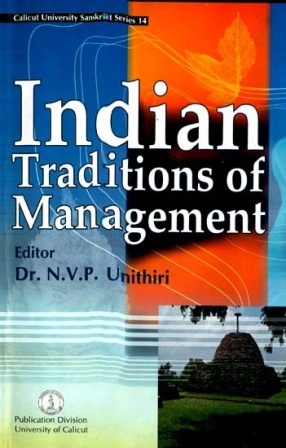
N.V.P. Unithiri

Showing all 9 books

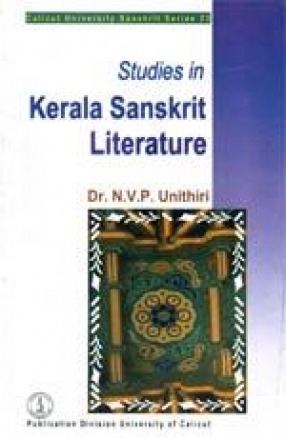
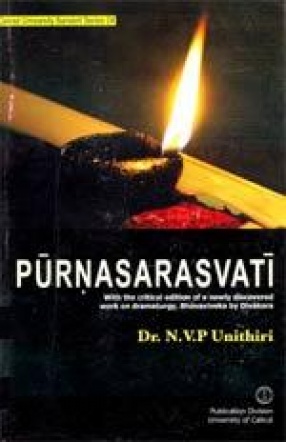
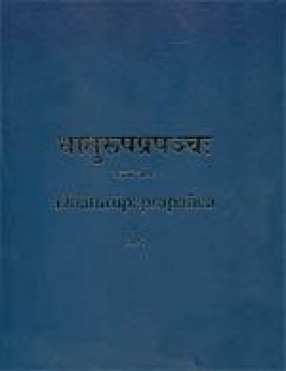
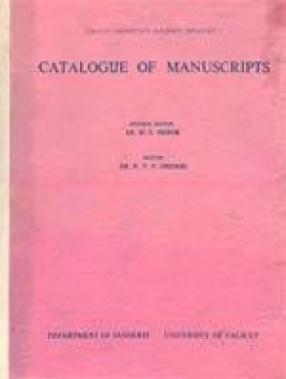
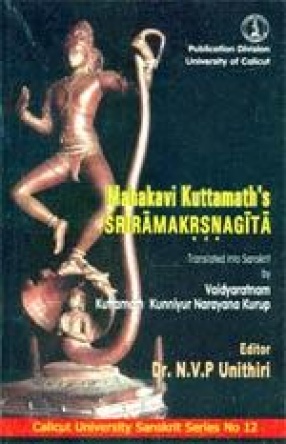

India is an advantageous position in the changing panorama of management, from one of pure economic culture to one of holistic approach, because of our religious and cultural heritage. The acquisition of wealth (Artha), developing a sadhanic personality (yoga), being committed to the truth and the right (Dharma), and believing in the almighty God as superior to man (Brahman) are all factors rooted in our tradition. Based on these, we can develop an appropriate ...
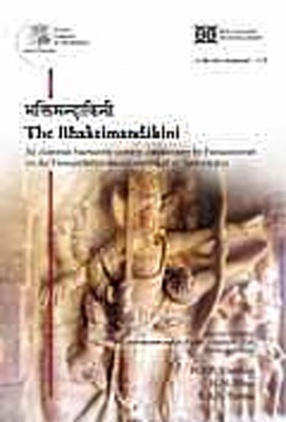
The Bhaktimandakini is a commentary by the Keralan exegete Purnasarasvati, a Saiva ascetic who is well known for his learned and aesthetically sensitive commentaries on works of belles lettres in Sanskrit. The commentary expounds the Visnupadadikesastotra, a hymn of fifty-two intricately elegant verses that describe every detail of Visnu from his toes to his hair, as well as his spouses and his various weapons (conch, discus, sword, etc.). This literary stotra, ...
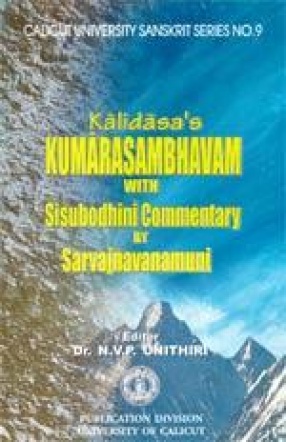

Dr. N.V.P. Unithiri is one of the few scholars who have been engaged in the deep study of various facets of Kerala Sanskrit literature for the past three decades. In fact, his efforts can be regarded as conplementary to the work of the pioneers in that he focuses his attention on many fresh areas left untreated or inadequately treated. The present work, which is a collection of eighteen research papers, deals with many fascinating aspects of the ...

Purnasarasvati has a distinguished place in the galaxy of Kerala authors who have made their mark in the arena of Sanskrit Literature. Prof. N.V.P. Unithiri who did his doctoral thesis on Purnasarasvati has been engaged with his research work on various aspects of the great poet critic for more than the last three decades. During this period he has shown the true spirit of a researcher to correct himself. When one of his students finds a more ...

An inflectional language like Sanskrit inevitably presupposes a familiarity on the part of the user in the fully inflected forms in declensions and conjugations. Declensions are indeed manageable with a little patience and perserverance; but conjugational forms with ten lakaras in three numbers and three persons are a tall order. It is very difficult even for a scholar to ensure that the verbal form used by him is the correct one, given the vagaries ...

The Department of Sanskrit came to existence in this University in October 1977. Since then the Department is engaged in collecting palm leaf manuscripts in Sanskrit from several ancient families in different parts of Kerala and has been successful in the attempt to a great extent. There is now a collection of nearly one thousand five hundred manuscripts in the Department.
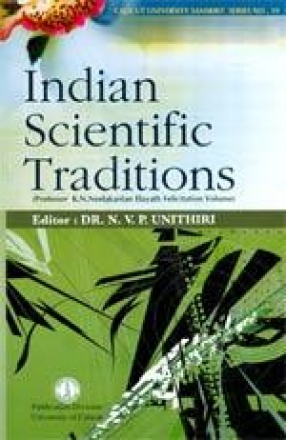
Sanskrit studies are generally confined only to Vedas, Itihasas, Puranas, Kavyas, Natakas, Alankarasastra, Vyakarana, Darsanas and the like. It is not well known that Sanskrit has also a vast literature on scientific and technological subjects like astronomy and mathematics, architecture and engineering, medicine, chemistry and botany, music and dance, law and politics. Of course, studies of medicine (Ayurveda) and astronomy and mathematics ...

